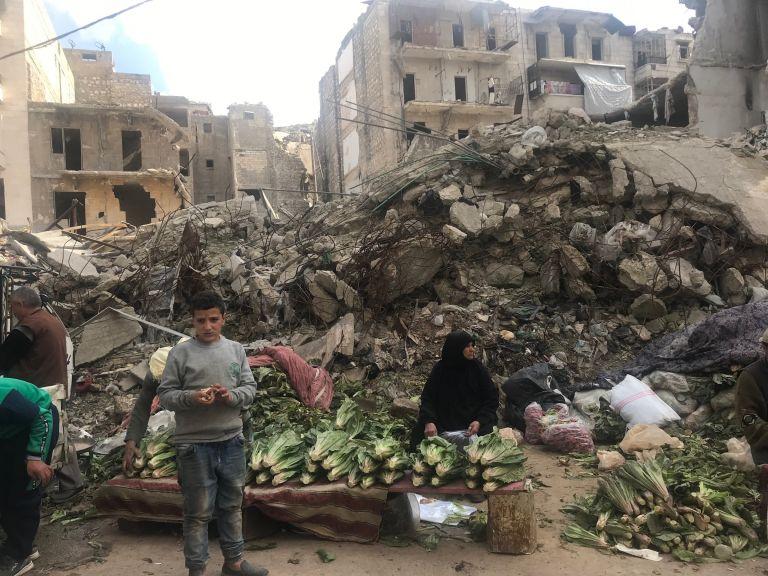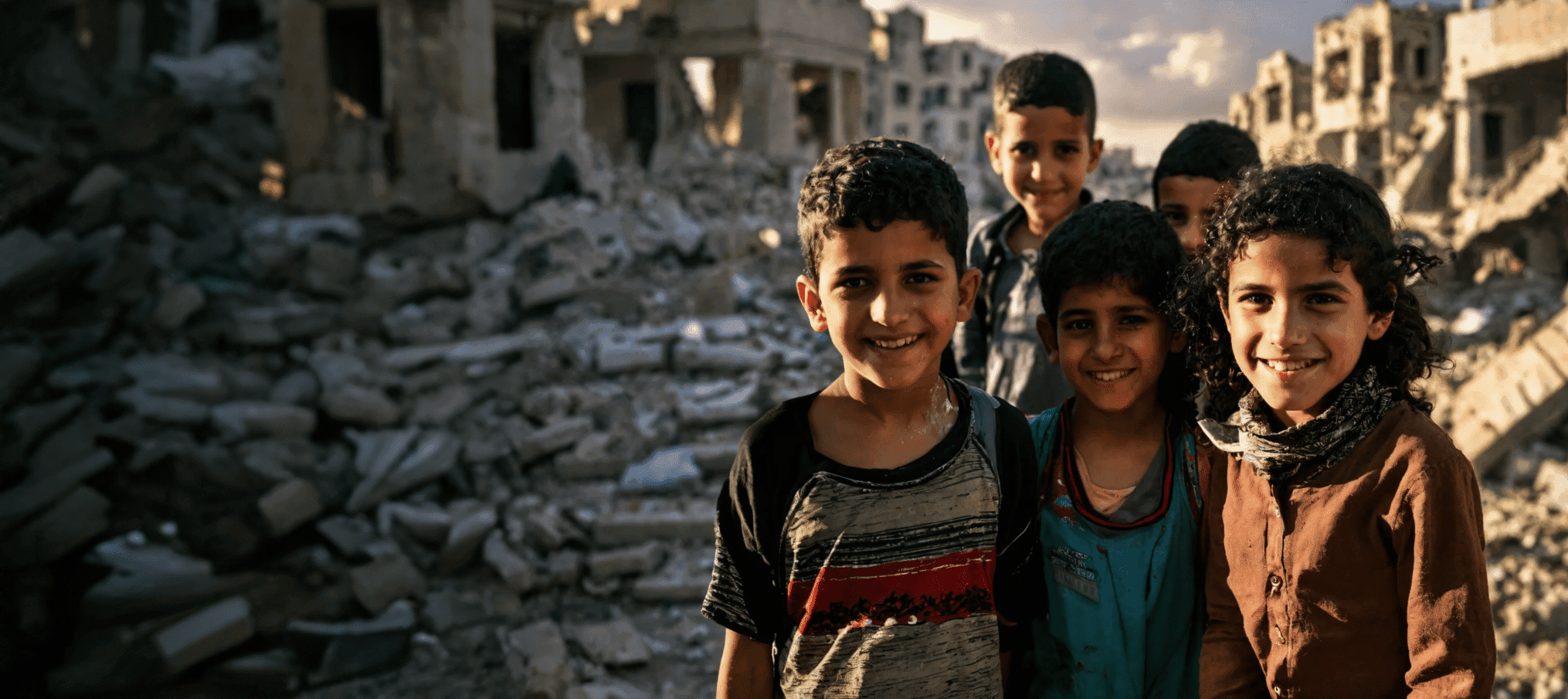Aleppo: forgiveness and charity to rebuild peace


Donating is an act of love
With your gesture, you provide real help to those living in situations of emergency and poverty.
Support cultural, educational, and training activities
$ 50
Help us preserve the holy land sanctuaries
$ 80
Help us support needy families and children
$ 100
Secure Payment
Secure Payment
Donate Now
Donate Now
Friend Sites
Receive news and stories from the Holy Land










